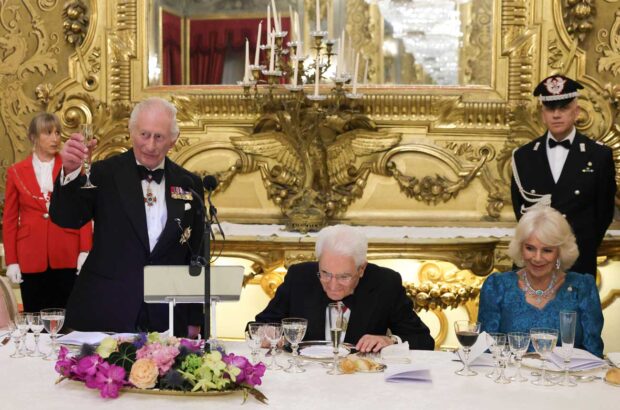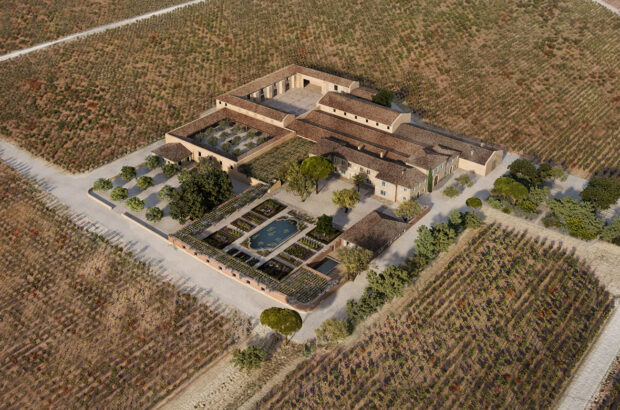Top Alsace producer Maison Trimbach has revealed that it will produce a Grand Cru wine after years of strongly resisting the idea.
Pierre Trimbach told decanter.com that, as part of an 18-year agreement with the Couvent de Ribeauville, Trimbach would label wines made from the convent’s vineyards as Grand Cru, where applicable. The convent’s name will also appear on all wines made exclusively from its grapes.
For around 20 years, the Trimbach estate has purchased between one and 1.5ha of Riesling from the convent’s Grand Cru Geisberg vineyard to go in the flagship Cuvee Frederic Emile.
The new deal gives the producer access to all the convent’s vineyards – a total of 7.6ha – and complete control over how they are farmed.
The convent’s vineyards are composed of 2.7ha Grand Cru Geisberg (primarily Riesling, with a tiny amount of Muscat), 0.5ha of Grand Cru Kirchberg (Pinot Gris) and 4.4ha spread over the Rotenberg, Ellenweiher, Lutzelbach and Rittloch vineyards (planted with Riesling, Pinot Gris, Gewurztraminer, Pinot Blanc and Pinot Noir).
Along with other acclaimed Alsace producers Hugel and Beyer, the Trimbachs have long criticised the boundaries of Grand Cru vineyards, which they claim have been expanded for political reasons to include parcels not worthy of the designation.
Written by Tom Stevenson






